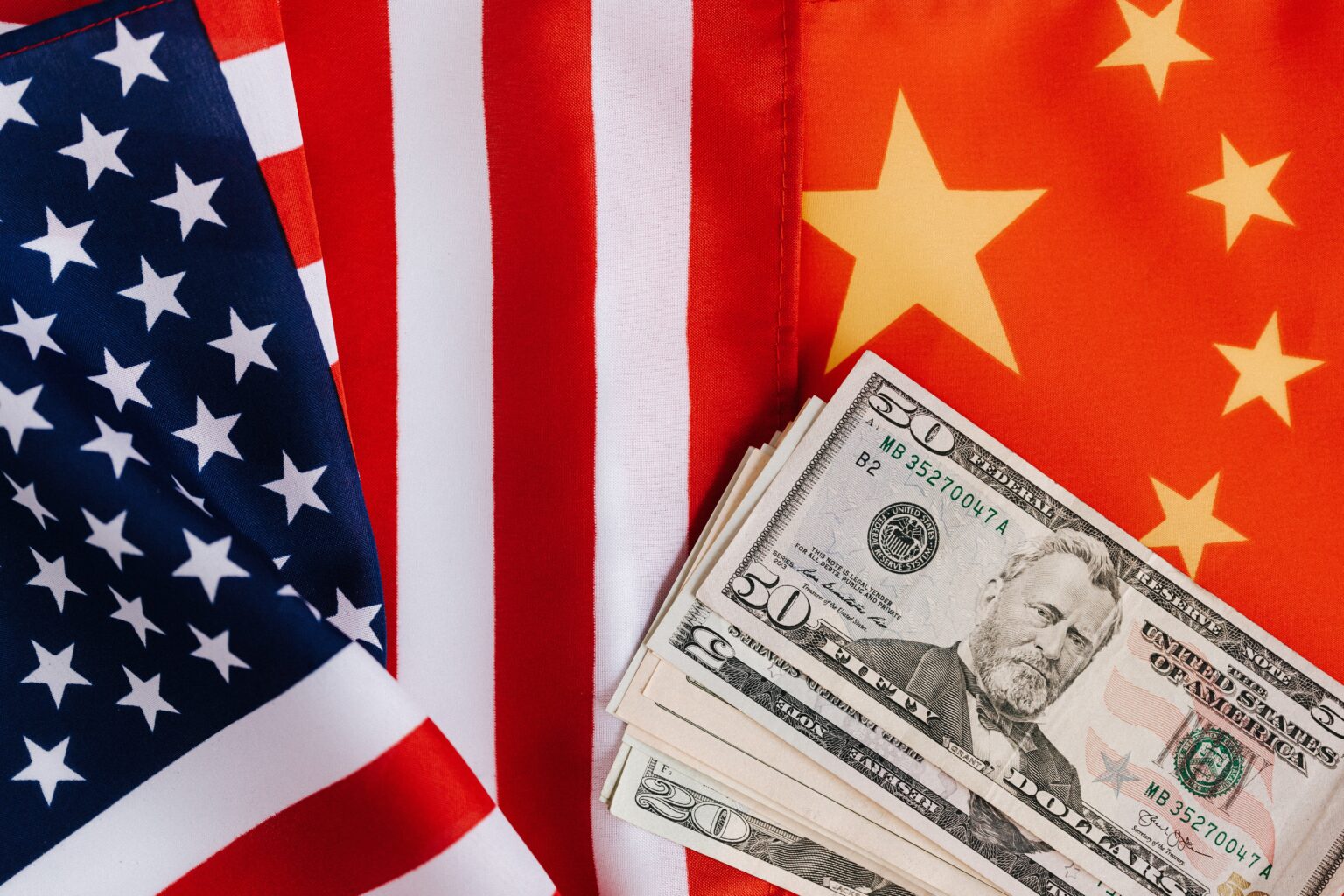
A 2023 report from the U.S. House of Representatives stressed the importance of Bureau of Industry and Security (BIS) export controls to mitigate threats economic and national security threats from China. The bipartisan report stressed that China is using military, economic strength, and it technological base to further an agenda of global domination. It further advocated for modernizations at the Department of Commerce’s BIS to reverse the trend of promoting short-term profit in the technology sector at the expense of U.S. technological leadership.
Concern for Emerging Technologies
Dual-use emerging technologies have both commercial and military uses. These wide ranging technologies include Artificial Intelligence (AI) and quantum computing. According to assessments made by the United States intelligence community, China is continuing to take the lead in these technologies. This lead is more often than not, accomplished through access to technologies developed in the U.S. The report stresses that the U.S. must invest in innovation while ensuring that export control laws effectively deny China access to these innovations.
The bipartisan report stressed that the U.S. can no longer depend on a reactive export control bureaucracy, but must develop controls that preemptively safeguard against technology transfers that may threaten national and economic security. This will require the licensing bureaucracy governing the Export Administration Regulations (EAR) to move away from its post-Cold war mentality.
The Growing Threat Posed by China
Recent military actions along with a history of violations of international agreements and ongoing human right violations in Xinjiang illustrate the growing threat China poses to international security and stability. It is important to understand the direct link between any PRC commercial entity and the People’s Liberation Army (PLA).
It is estimated that China steals up to $600 billion of U.S, intellectual property. Dual-use technologies acquired by these companies can and will be used, when applicable, for the development of weapons of mass destruction. During the last decade General Secretary Xi has has developed legal and regulatory mechanisms that requires partners to transfer private sector technology to the Chinese government.
This can create scenarios where recipients of U.S. technologies while being required by U.S. law to not allow access to sensitive technologies may be forced under China’s laws to share these technologies with the Chinese military. It is important therefore, that export agencies adopt a presumption that exported items will not be used for purposes stated in licensing agreements.
Specific Failures of Export Controls
Instances were given where export controls failed to proactively prevent the transfer of critical technologies to the PRC’s development of hypersonic weapons. In one such case controls of a Chinese company was placed on the BIS entity list only after an expose was published by the Washington Post. The agency also failed to prevent the export of Intel and Nvidia semiconductor devices to a Chinese nuclear weapons lab.
Additionally, the agency has been reluctant to preemptively identify emerging and foundational technologies and licensing requirements in an effort to combat the CCP’s Military-Civil Fusion Strategy (MCF). The report did not indicate that these failures were due to a lack of resources. Instead, these failures have been linked to a failure of the BIS to reconcile its mission to protect national security with objectives for promoting exports. The report called for a major reformation of the BIS’s organizational structure and policies to remedy these deficiencies.
Recommendations to Enhance National Security Priorities of BIS Export Controls
The U.S. House of Representative’s Foreign Affairs Committee (House Committee) report outlined several recommendations to improve the performance of the BIS in national security issues. These included:
- Doing away with strict Operating Committee timelines for escalation of licensing to the Advisory Committee on Export Policy (ACEP) and Export Advisory Review Board (EARB) to allow sufficient time for necessary analysis.
- Instituting a majority vote system in the Operating Committee for all licenses it reviews.
- Mandating that the BIS be required to refer license applications to other appropriate agencies.
- Imposition of a “policy of denial” of all national security controlled items to China.
- Review of EAR99 technologies and control or re-control items on the Commerce Control List.
- Application of a presumption of denial for all companies on the Entity List. This denial should be clearly stated in the EAR.
- The Entity List should reflect the scope of military end-users that my pose threats to national security or foreign policy interests.
- Standardize the agency’s definition of Military End User (MEU).
- Enhancing international agreements for harmonizing legal and regulatory requirements.
- Legislation of new standards for criminal prosecutions.
- Having the DoC renegotiate its end-use agreement with China or impose increased export restrictions on that country.
- Requiring the BIS to regularly report information required for basic oversight.
- Reformation of National Security Directive 189 to provide adequate controls for fundamental research.
- Allowing BIS to charge fees on certain licenses to provide resources for the agency.
- Updating definitions to close loopholes that allow China access to standard-setting bodies.
CVG Strategy Export Compliance Management Programs
Given the focus places on BIS export controls it can be expected that further changes will be made to the Export Administration Regulations and that heightened attention will be placed on license requirements. This places further responsibilities on organizations involved in export to maintain effective export compliance programs.
Export Compliance Programs are required by law by both the BIS and the International Traffic in Arms Regulations (ITAR). Failure to comply with regulations can result in criminal prosecution including imprisonment and fines. It can also result in civil penalties and disbarment from export activities.
CVG Strategy can help you in understanding the ITAR and EAR, and help you establish a coherent and effective export compliance system. We can perform export control classifications, perform audits, assist in filings for export licenses and educate your team. Regardless of whether your business falls under EAR or ITAR, CVG Strategy has the expertise to help.


